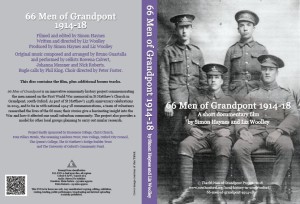War destroys everything. Even the lives of those who survive the war are destroyed. Financial hardships, trauma, and the demand for reintegration by peaceful societies are burdens for those who return alive from the battlefield of the former war. However, the post-war societies have to struggle to provide sufficient possibilities for reintegration of veterans into the new peaceful life as well. In all periods of human history political entities and states have tried to find a way for such a reintegration without triggering the violent potential that is represented by former soldiers. Despite such attempts, modern nation states and societies still struggle with the task to find a solution for veteran reintegration in post-war environments. The editors of the planed volume want to analyze the historical aspects of veteran treatment and veteran reintegration — without chronological or geographical limitations — and therefore welcome proposals for chapters that deal with, but are not limited to the following topics:
the veteran as a radical force in post-war societies
veteran education in post-war societies
political movements and veterans
paramilitarism in post-war societies
trauma treatments
medical issues and veterans
economic perspectives on veteran reintegration
veterans and memory in post-war societies
veteran rights movements
veterans and the post-war state
veterans and social relations
Proposals (ca. 300 words) and a short CV should be sent to fjacob@qcc.cuny.edu and stefan.karner@uni-graz.at until July 15, 2016. Final chapters, 7,000-10,000 words, using footnotes (Chicago Manual of Style) are due by October 15, 2016.
Contact Info:
Frank Jacob, History Department, CUNY-QCC, 22205 56th Ave, Bayside, 11364 New York

